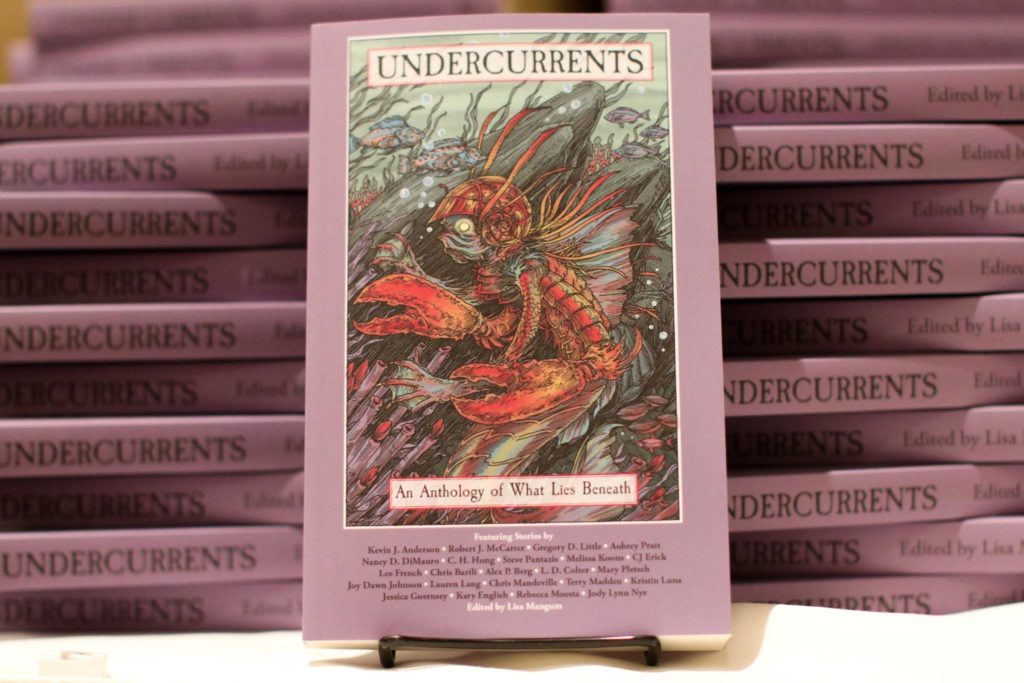One of the most feared things in the world is death, followed closely by speaking in public. Some folks equate the two as the same thing. Considering that most authors are solitary beasts that hide in their writing dens and poke keys and scribble lines that magically turn into stories, a suggestion that one should consider getting out in front of crowds and talking is up there with making your own medicine in your basement and doing a live-action game of Frogger™ at the Indianapolis 500®.
If you have anxiety or panic attacks about speaking, then it may not be for you. Don’t put yourself in a situation where you can have a medical emergency. If you were able to get through your high school or college class where they made you talk about goofy things for ten minutes before you could sit down, this might be for you.
There are plenty of organizations and corporations that are looking for folks to come in and give a positive speech about almost any subject. You may be wondering why a software company would want an author to talk to their programmers for fifty minutes. What do they have in common?
Turns out you can fit your self-motivated method of writing into almost any subject. For those programmers, your speech can range from watching out for repetitive stress disorders like carpal tunnel to methods to document your code (think building a worldbuilding bible) to motivational ways to tackle a problem (like your characters have to do to get out of a jam you stuck them in).
If you’ve never had to give a speech in front of a crowd, consider joining Toastmasters. You’ll get lots of excellent training and opportunities to practice in a safe environment. Their entire organization is dedicated to developing communications and leadership skills. You can connect with places looking for folks to give speeches, and there are local chapters all over the place — most likely there’s one in your neighborhood.
When you are ready to get your name out on the speech circuit, look for local organizations first. Businesses, charitable organizations, and even places like libraries, chambers of commerce, and military veteran organizations are looking to bring folks in to talk to their members. You can even combine some charitable service and giving a speech, like going to a retirement home and talking about writing memoirs.
Some professional writing organizations have a speaker’s bureau listing for their members. SFWA is one, and the Missouri Writers Guild is another.
So, if you give a speech and don’t explode on stage, what’s in it for you? The top of the list is getting your name out there in front of a bunch of new folks. Some businesses will buy copies of your books to distribute to their folks. Depending on how famous (or infamous) you are, you can get travel, lodging, and meals covered for distant speaking gigs. It’s similar to going to a convention, where you’re sitting on panels and getting some in-kind reimbursement like free con passes or access to the VIP green room.
And since we’re on the subject of conventions and panels, that is an excellent way to start your speaking career. You’ll get used to talking to a crowded room but you won’t be alone behind the table at the front. Sharing a panel spreads the load between enough folks that the time usually flies.
It may not be a traditional method of getting your name out or even building an email list, but it’s one more arrow in your quiver that you can use on your literary adventures.


